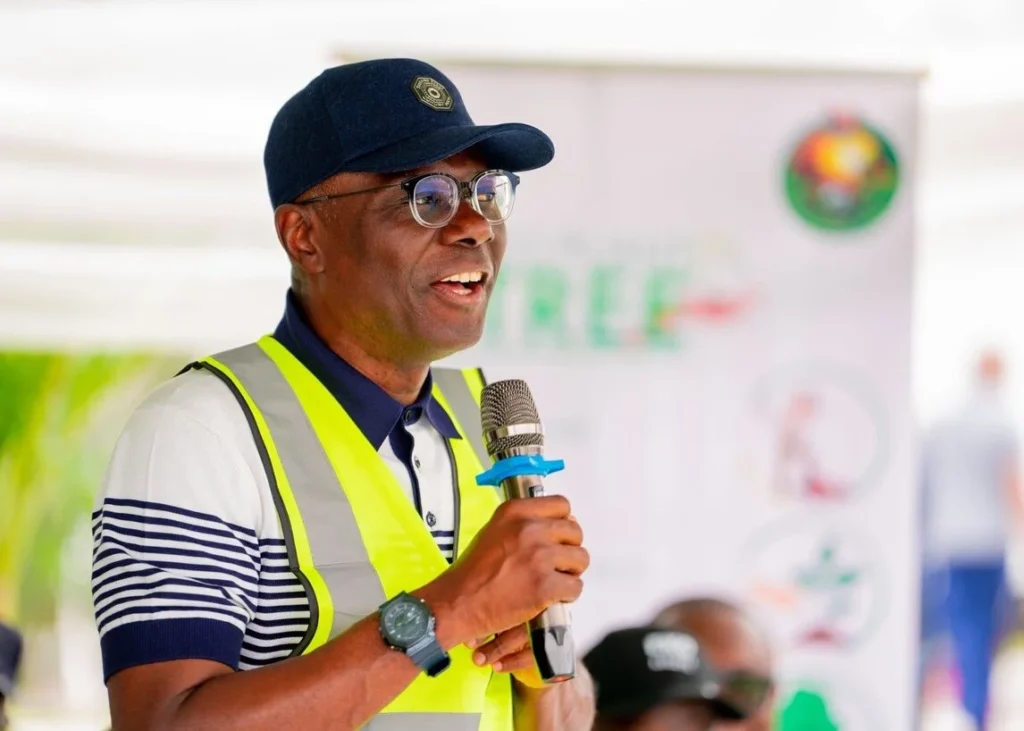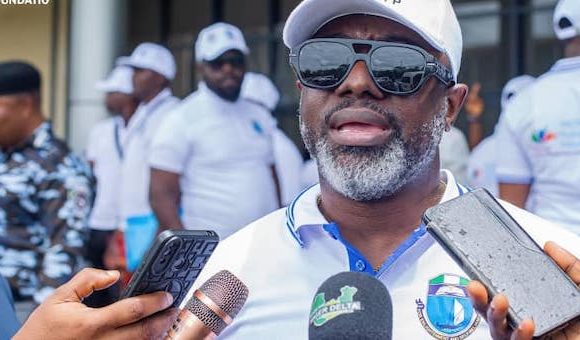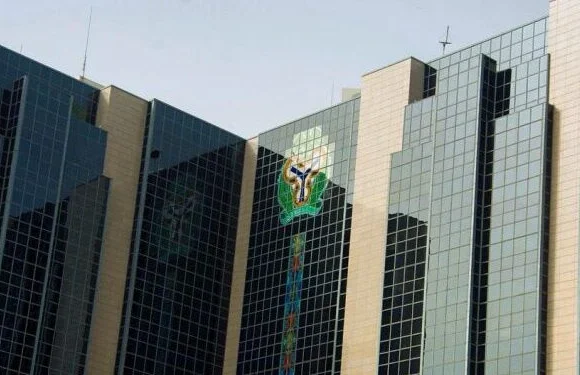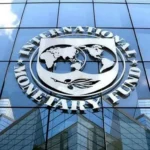$410m Omi Eko Project Set to Transform Lagos Waterways and Ease Traffic Congestion
The Lagos State Governor, Babajide Sanwo-Olu.
The Lagos State Governor, Babajide Sanwo-Olu, has unveiled the $410 million Omi Eko Project, an ambitious initiative designed to revolutionize water transportation across Lagos. The project, meaning “Water of Lagos”, aims to turn the state’s waterways from barriers into vital corridors of opportunity—connecting communities, reducing road traffic, and supporting clean energy.
Speaking at the launch, Sanwo-Olu emphasized that the Omi Eko Project marks a significant shift toward a sustainable, smart, and inclusive transport system. “Our goal is clear: a Lagos where movement is seamless, where the air is cleaner, and where waterways become corridors of opportunity rather than barriers of separation,” he said.
Clean, Smart, and Efficient Mobility
The project’s blueprint includes over 70 hybrid-electric ferries, upgrades to 20 jetties and terminals, and dredging of 15 major routes to ensure safer and faster transportation. It also promises capacity building for operators and stakeholders, alongside funding support for the informal sector through the Vessel Industry Transition Programme.
According to Mr. Damilola Emmanuel, Special Adviser on Blue Economy, the Omi Eko Project is “the largest inland waterways investment in Africa.” He praised the evolution of water transport from its foundation under former Governor Fashola to its expansion under Sanwo-Olu, who “has turned vision into reality.”
“We are not just improving transportation; we are redefining mobility. We are not just managing water; we are mastering the possibility.” — Governor Babajide Sanwo-Olu
Global Support and Environmental Impact
The initiative is backed by international partners including the European Union (EU), European Investment Bank, and Agence Française de Développement (AFD). EU Ambassador Gautier Mignot explained that the project supports the Abidjan-Lagos Transport Corridor, part of the Global Gateway Strategy.
He noted that Omi Eko will cut CO₂ emissions by 41,000 tonnes annually and save commuters up to three hours daily during peak travel times. “This project promotes greener, more inclusive, and resilient mobility in Lagos,” Mignot stated.
French Minister Jean-Noel Barrot also highlighted the project as a testament to the strong partnership between Nigeria and France, describing it as “a model for climate-resilient and sustainable development.”
The $410m Omi Eko Project represents more than infrastructure—it’s a lifeline for Lagos’ future, promising cleaner air, faster commutes, and economic opportunities for millions. As Lagos embraces its waterways, it moves closer to a sustainable transport system that benefits everyone—from passengers to investors.











